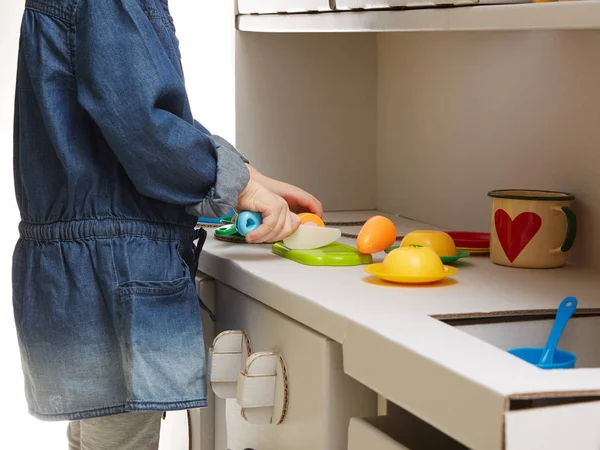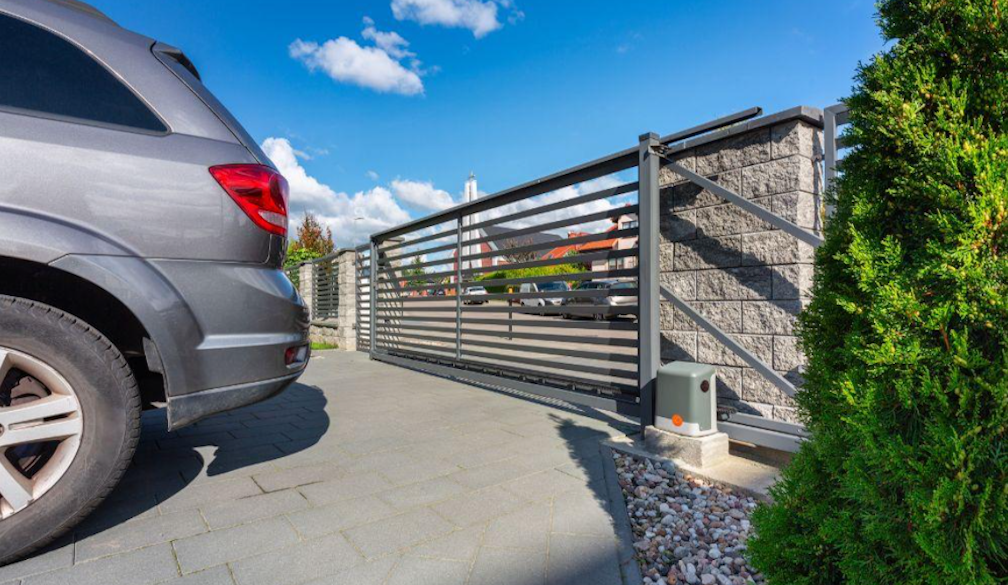A toddler kitchen is a miniature play kitchen designed for young children to play with and imitate cooking and food preparation. These kitchens are typically made from safe and durable materials, such as wood or plastic, and come with various accessories and features that allow children to engage in imaginative play. Toddler kitchens are excellent toys for young children, as they can provide hours of creative and educational playtime while also promoting important skills such as hand-eye coordination, social skills, and language development.
Benefits of Having a Kitchen for Toddlers
Having a kitchen for toddlers can provide a range of benefits for their development, including:
- Encourages imaginative play: A toddler kitchen provides a space for young children to engage in imaginative play and explore the world of food preparation and cooking.
- Develops fine motor skills: Using kitchen utensils and appliances, such as stirring spoons or turning knobs, can help children develop their fine motor skills and hand-eye coordination.
- Promotes social skills: Playing with a toddler kitchen can help children develop social skills, such as sharing, taking turns, and communication, as they play with others and engage in role-playing scenarios.
- Introduces basic concepts: A toddler kitchen can be used to introduce basic concepts such as counting, measuring, and identifying different types of foods and utensils.
- Foster's independence: As children engage in pretend play in the kitchen, they can develop a sense of independence and confidence as they experiment and explore on their own.
- Provides a screen-free play experience: A toddler kitchen provides an opportunity for children to play and explore in a hands-on, screen-free environment.
Overall, having a kitchen for toddlers can offer a range of benefits for their development and can provide a fun and educational playtime experience.
Different Types of Toddler Kitchens and Features to Consider
There are several types of toddler kitchens available on the market, each with its unique features and benefits. Here are some of the most common types of toddler kitchens and features to consider when choosing one:
- Wooden Kitchen: Wooden toddler kitchens are typically made from durable and eco-friendly materials and often come with realistic features such as knobs that turn and doors that open and close.
- Plastic Kitchen: Plastic toddler kitchens are lightweight and easy to clean, making them a popular choice for parents. They often come with bright colours and playful designs.
- Modular Kitchen: Modular toddler kitchens allow you to customize and add to the kitchen as your child grows and develops new interests. They often come with interchangeable components such as sinks, ovens, and stovetops.
- Pretend Play Kitchen: Pretend play toddler kitchens are designed to look and feel like a real kitchen, complete with realistic features such as a sink, stove, and oven. They often come with accessories such as play food, utensils, and cookware.

When choosing a toddler kitchen, consider the age and interests of your child, as well as the size and features of the kitchen. Look for a kitchen that is durable, safe, and easy to clean, and that offers features that will engage and inspire your child's imagination. Some additional features to consider may include:
- Storage space for play food and utensils
- Multiple cooking surfaces or appliances
- A sink with running water sounds
- Realistic features like knobs, buttons, and doors that open and close
- Play accessories like play food, utensils, and cookware.
Conclusion
In conclusion, a toddler kitchen is a fun and educational toy that can provide numerous benefits for young children. Playing with a toddler kitchen can encourage imaginative play, promote social skills, and develop fine motor skills and hand-eye coordination. There are several types of toddler kitchens available on the market, including wooden, plastic, modular, and pretend play kitchens, each with its unique features and benefits. When choosing a toddler kitchen, it is important to consider the age and interests of your child, as well as the size and features of the kitchen. Overall, a toddler kitchen can provide a hands-on, screen-free play experience that can help young children develop important skills and foster a love of cooking and food preparation.




















